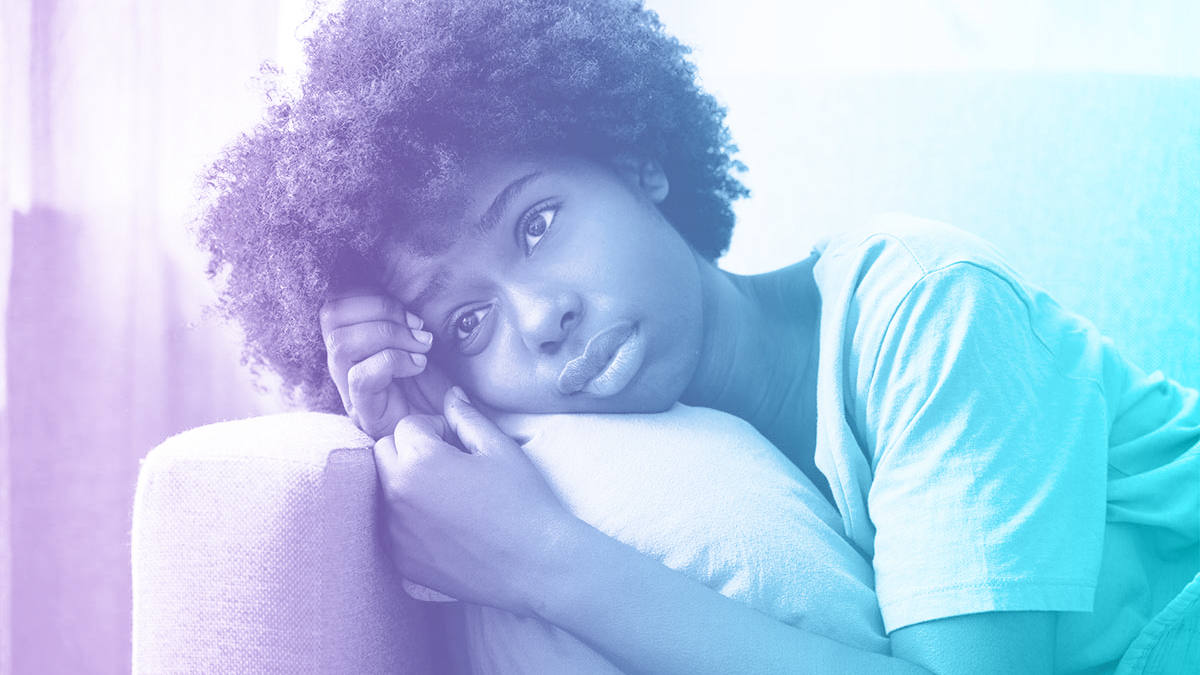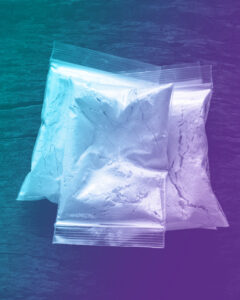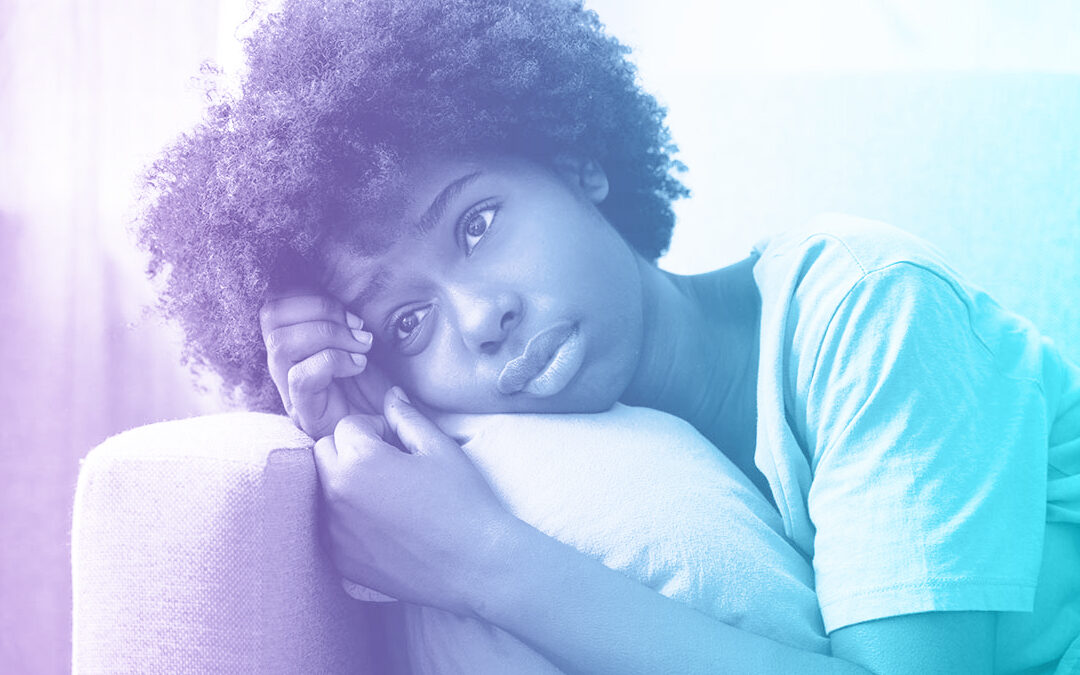Cocaine Withdrawals
When most people think of withdrawal, they usually have an image in mind of a person shaking and begging for whatever substance. Most people don’t know that withdrawal can happen from even the most mundane things. That headache you get when you skip your morning coffee? That is actually a symptom of caffeine withdrawal. As you can guess, withdrawal is all around us when we don’t get the substances our body thinks we need. So, what causes cocaine withdrawals?

The cocaine market has shown profound reemergence since the 2020 pandemic, which brought an increase in cocaine use and distribution throughout the United States and the World. With Florida being a hotspot for importing from South America, it’s no wonder cocaine use has seen an increase. Clean Recovery Centers is working to provide education and tools to help those managing a cocaine use disorder. If the fear of cocaine withdrawals is keeping you from seeking help, read on to learn more about your options.
What Causes Cocaine Withdrawal?
When the body becomes dependent on cocaine, negative consequences happen when the substance is taken away. The brain becomes accustomed to having that substance and sends signals to the body to indicate need. This can come in many forms such as physical symptoms like headaches or fatigue, as well as mental symptoms like increased anxiety and irritability. Cocaine works the same way. When the brain doesn’t have cocaine in the system, it sends signals to the body to let it know that it is needed.
Is Cocaine Withdrawal Dangerous?
While uncomfortable, cocaine withdrawal is not usually life-threatening. However, depression can set in quickly in those who stop using cocaine. If thoughts of self-harm or suicide ever occur, get help immediately. Whether from a friend, family, or medical professional, it is best not to be alone in that mindset.
The Timeline of Cocaine Withdrawal
The timeline of cocaine withdrawal sets in quickly due to its short half-life. In the first few hours after the last use, symptoms will begin and act similar to the “brick wall” feeling. Over the next few days, withdrawal symptoms will be noticeably present and can become unpleasant.
Cocaine works by increasing dopamine – the reward chemical – in the brain. Over time, the brain develops a tolerance by decreasing the number of dopamine receptors. This requires more cocaine to achieve the same “high” as earlier use. After prolonged use, the brain has rewired and expects cocaine in order to release dopamine. When there is no more cocaine in the system, the brain is forced to address the chemical imbalance going on. This is why cocaine withdrawal can last months; the brain will continue to crave it until chemicals become balanced again. Though a lengthy process, full recovery from cocaine use is achievable.
What Are the Common Symptoms of Cocaine Withdrawal?
The first symptoms of cocaine withdrawal start happening within a few hours. Exhaustion and increased appetite are most prominent, often paired with irritability. These symptoms can carry on for a few days but often lead to more psychological and physical symptoms.
Psychological Cocaine Withdrawal Symptoms
The most common psychological symptoms of cocaine withdrawal include:
- Anxiety
- Irritability
- Depression
- Cravings
- Paranoia
- Hostility
Surprisingly, it is the psychological symptoms that are the most common cause of relapse. They are also more dangerous than the physical symptoms. Unmanaged anxiety and depression can lead to violence, self-harm, and uncontrollable mood swings.
Physical Cocaine Withdrawal Symptoms
Physical cocaine withdrawal symptoms include:
- Fatigue
- Increased appetite
- Insomnia
- Decreased activity
Similar to psychological symptoms, the body will take time to adjust to no longer having cocaine in the system. Physical symptoms can last months after discontinued use.
How Do You Recognize Cocaine Withdrawal Symptoms?
Cocaine withdrawal symptoms will begin quickly and are normally easily recognizable. If you already have a mental health condition such as anxiety and depression, it may be set into overdrive with cocaine withdrawal. Once withdrawal symptoms begin, it is important to not use cocaine again. Overdose risk increases the longer you stop using cocaine. It is easy to think you can handle the same amount of cocaine you were before stopping, which is untrue. Signs of cocaine overdose include:
- Increased body temperature
- Profuse sweating
- Chest pain
- Nausea or vomiting
- Seizures
There is no medication to stop a cocaine overdose or reduce the amount of cocaine within the body. Medical intervention is necessary for symptoms of a heart attack, stroke, or seizure. When left untreated, these conditions can be life-threatening or even fatal.
When Is Medical Detox Necessary for Cocaine Withdrawal?
 While a medical detox is not always necessary for cocaine, the staff at Clean Recovery Centers can address any physical and mental concerns. Physical withdrawal symptoms can be managed with over-the-counter medications, but for some, more intensive care may be necessary in order to avoid relapse. The main key is to have a strong support system, which can begin in support groups. Cocaine cravings can last months or even years, and having people to talk to and developing healthy coping skills are important to prevent relapse.
While a medical detox is not always necessary for cocaine, the staff at Clean Recovery Centers can address any physical and mental concerns. Physical withdrawal symptoms can be managed with over-the-counter medications, but for some, more intensive care may be necessary in order to avoid relapse. The main key is to have a strong support system, which can begin in support groups. Cocaine cravings can last months or even years, and having people to talk to and developing healthy coping skills are important to prevent relapse.
Treatment for Cocaine Withdrawal
Cocaine withdrawal can be uncomfortable and take a toll on your physical and mental health. At Clean Recovery Centers, we have helped hundreds of our clients to get clean, live clean, and stay clean. Our cocaine use disorder treatment includes inpatient, residential, and outpatient services. An initial assessment will be done to see which option will work best. We also have mental health services and can adjust your treatment accordingly.
Residential / Inpatient Rehab Services
There are two stages to our residential treatment program.
Residential One – This is part of phase one of the treatment program. Individuals are in a 24-hour, 7-days-a-week, live-in environment. Medical support is available if needed, but the main focus is on individual, group, and family therapy. The length of stay in this treatment phase is 3-4 weeks.
Residential Two – This is where the transition to phase two happens. Phase two is the action phase, where individuals confront where the addiction started and prepare themselves for independent recovery. At Clean Recovery Centers, this step is referred to as day/night treatment, or DNT. While most clients choose to live in community housing on-site for this phase, it is not required. The program is a minimum of 30 hours of services per week. The four main focuses of DNT include experiential processes, defense mechanism identification, belief system exploration, and symbolic integration. All of these components are to help transition core beliefs and develop balance to a clean life. This phase of treatment typically lasts 2-3 weeks.
Mental Health Path – For those who have been diagnosed with a mental health condition during phase one, the treatment path can change to accommodate those needs first. Clients go into a residential II setting and receive specific treatment for their diagnosis as well as education and medication management.
Outpatient Rehab Services
Phase Three of the treatment process is the maintenance stage. At Clean Recovery Centers, we have two versions of outpatient services: intensive outpatient and outpatient. For intensive outpatient, or IOP, the client can choose to reside in a 24/7 monitored transitional living on-site or at home. The program is 9 hours per week minimum and continues with individual counseling. Outpatient is for those living at home or in sober living off-site and is 2 hours per week. Both services build on the skills learned in inpatient treatment and therapies to continue on the path to living heroin free. The length of stay for phase three is around 6-8 weeks.
Experiencing cocaine withdrawal, whether in yourself or a loved one, is not meant to be done alone. Clean Recovery Centers is here to develop your support system and give you the tools to create healthy coping skills. Call us today at (888) 330-2532 to learn more about our facilities and our unique program.
Faqs About Cocaine Withdrawals
How long is the cocaine withdrawal timeline?
The cocaine withdrawal timeline will look different for everyone. Due to its risk for dependency, cocaine withdrawal can last for months after the last use.


